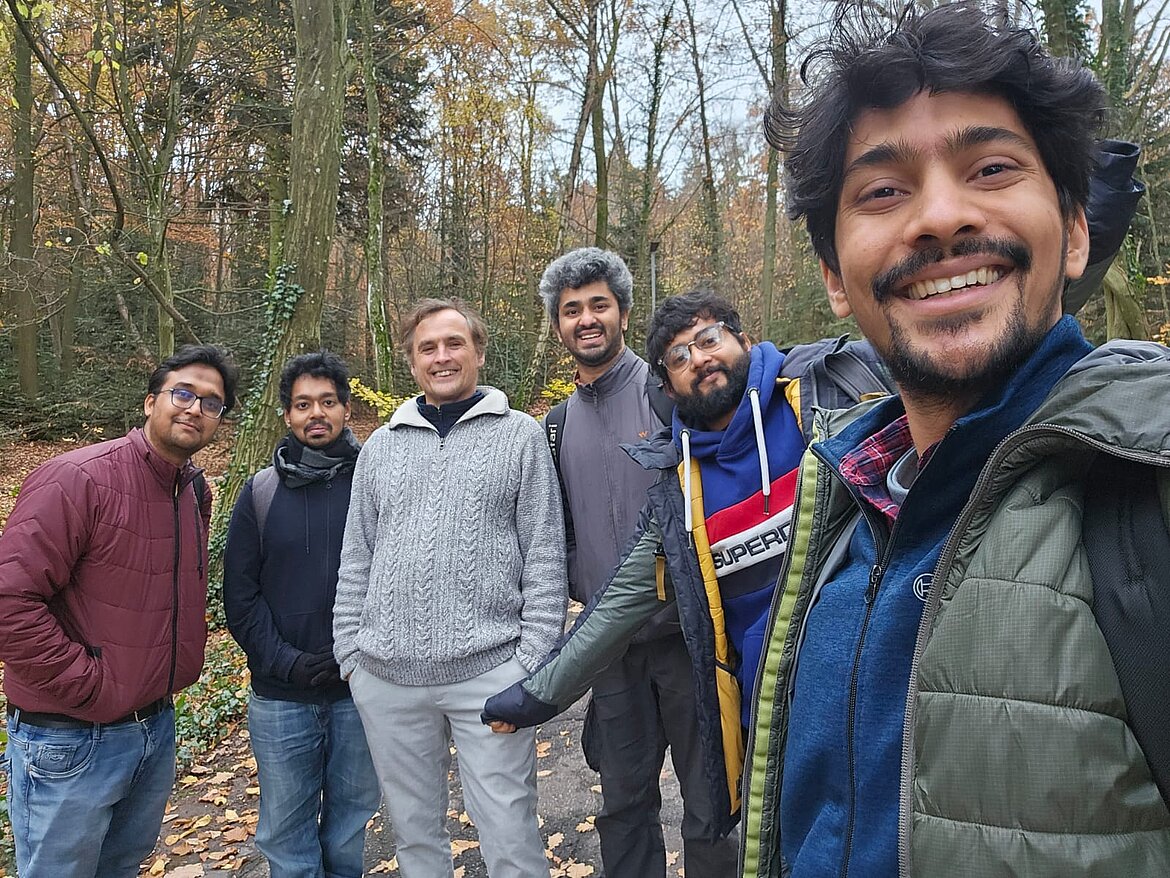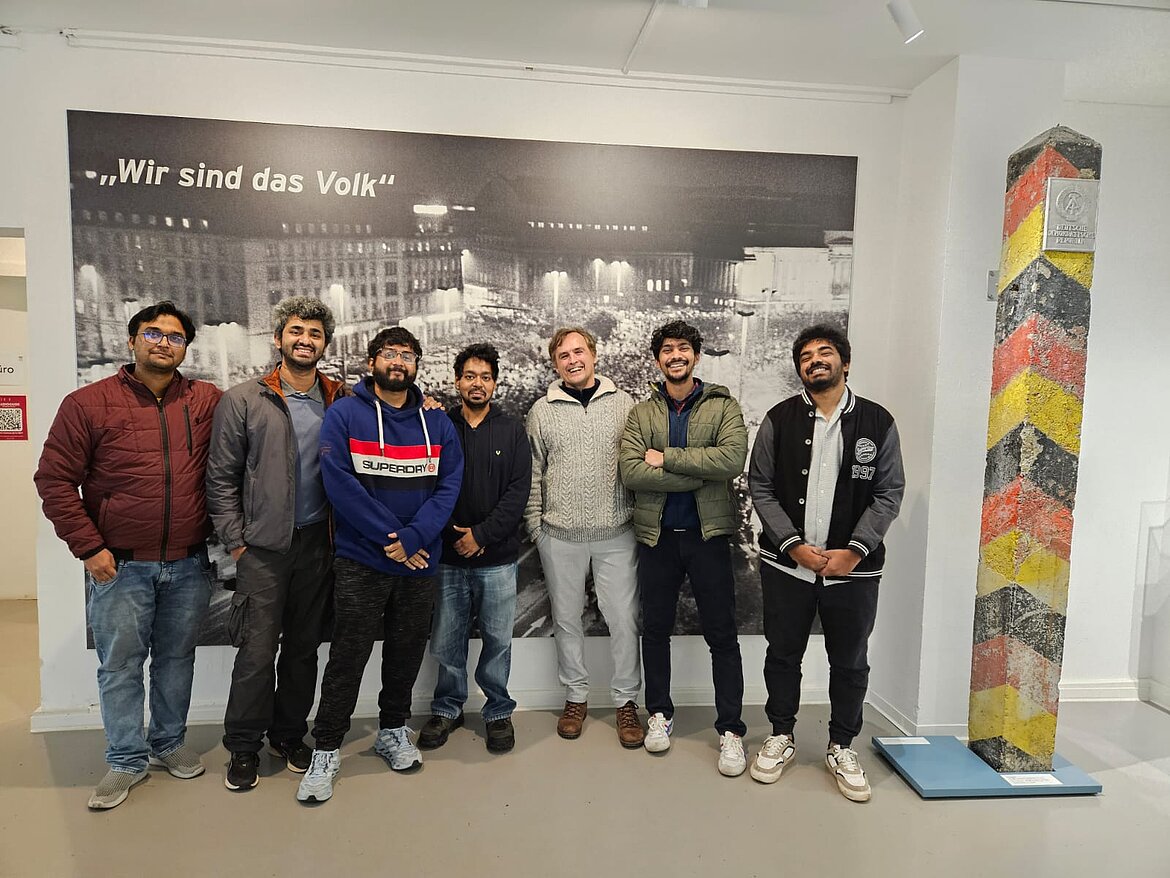Developing a Microeconomic Mindset
News
In an engaging lecture throughout our semester (one of my personal favourite lectures), Prof. Hanno Beck took us on a journey of discovering the microeconomic concepts, ideas and applying them to many real-world scenarios. His inspiring energy and enthusiasm sparked a lot of curiosity and interest in all of us, especially when it came to asking questions, challenging the status-quo, and thinking about how economic policies, when deployed smartly, can help in solving social and monetary problems.
We discussed crucial topics like opportunity costs, consumer-producer surplus, minimum wages, rent ceilings, organ donations, drugs’ consumption control, taxes, how the demand and supply curves behave with different exogenous shocks, and what impact policies can have on them. Most importantly, we learned to view these social problems through a microeconomic lens.
Moving on, we studied about marginal value of a product, cost and revenue, profit maximization, price differentiation (the Pink Tax) and overall welfare maximization. We then encountered the widely discussed topics of monopolies, oligopolies, perfectly competitive markets, some challenges (abusive and anti-competitive behaviour and signs) and probable remedies for the same.
As an exciting exercise, and an outing together, Prof. Beck accompanied us on a visit to the nearby DDR Museum (a lovely walk from Hochschule Pforzheim to the Museum through the Black Forest), to discuss the different types of economies. During the excursion, we got a clear understanding of not just the German history, but also the pros and cons of the West (Bundesrepublik Deutschland, a democracy and market economy) and the former East (Deutsche Demokratische Republik, a socialist economy). We discussed and saw evidence of how the two types of markets had different policies regulated, and different systems in place to achieve the overall welfare. It was an amazing experience for all of us.
Throughout the course, we discussed a plethora of real-life examples, learned to apply the ideas to the business case studies and developed an economic eye to view the world. Prof. Beck’s enthusiasm and passion for problem-solving through economic principles has inspired us for life and because he taught us to apply the concepts to examples and practical cases, we realized we not only retained the concepts but will also remember them for a long time. Thank you, Prof. Beck, for a super-informative and super-fun Microeconomics lecture and we look forward to staying connected with you.
text and photos: Aditya Yardi, Class of 2025




